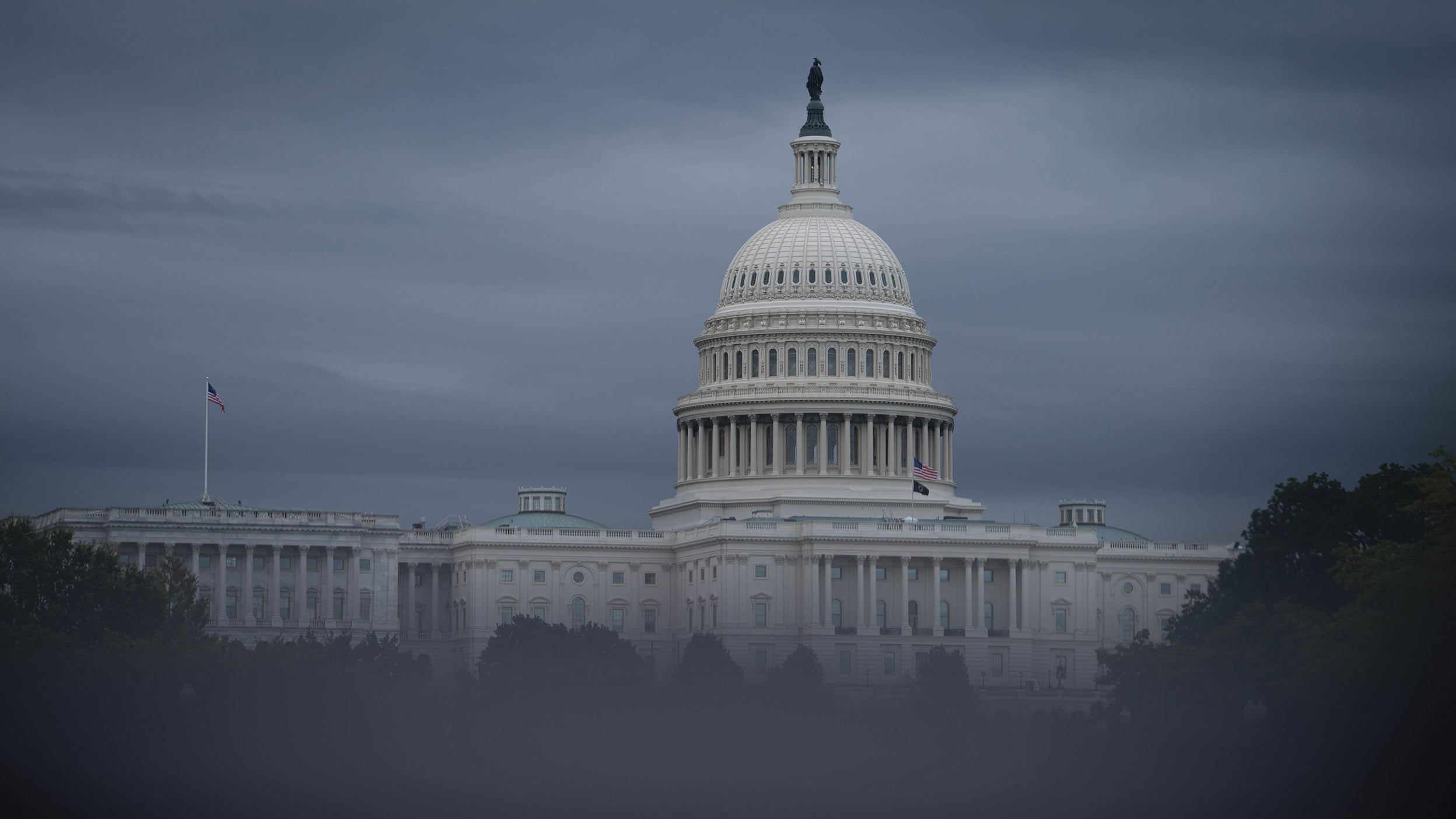
Markets and Economy Has the catalyst for stock diversification arrived?
For investors looking to diversify their mega-cap technology exposure, improving growth and falling interest rates may be good reasons.

The second half of the year has brought clarity regarding multiple political contests worldwide. From Donald Trump’s return to the White House to Japanese Prime Minister Fumio Kishida’s resignation, the political landscape has seen dramatic changes that will reverberate through the years ahead. Now, every global region is anticipating the impact of new policies to come.
United States: Donald Trump is returning to the Presidency, entering his second term with a Republican majority in both the House and the Senate. This leverage will allow the party to steer the policy agenda in Washington over the next two years, potentially resulting in significant legislative and regulatory change. This is expected to include new tax and tariff laws, a likely shift in US involvement in the Ukraine-Russia war, continued support of Israel, and restrictions on China. The US is also anticipating a major reorientation of energy and environmental priorities.
United Kingdom: While UK policies may shift in response to Trump administration policies, negotiations for a “reset” with the European Union are also expected to begin in the new year, aimed at enhancing defense, security, and a broader economic relationship. Progress will be assessed at the first EU-UK summit in early 2025. On the sustainability front, the UK government is expected to publish more details on how it will accomplish its ambitious greenhouse gas emissions reduction target.
European Union: In 2025, the European Commission will most likely work on making the EU more competitive through higher investment, a new industrial policy, strategic autonomy and regulatory simplification. Trump’s reelection poses a geopolitical challenge, including US-EU friction due to his threats on defense, security, tariffs, and climate regulations. Meanwhile, Russia’s invasion of Ukraine remains the most immediate security threat. If the US withdraws support, the financial burden will fall on the EU.
Asia Pacific: The election of Indian Prime Minister Narendra Modi returns the nation to its earlier era of political fragmentation, with the Bharatiya Janata Party (BJP) not winning the sweeping majority it expected due to public discontent. Japanese politics have also become unusually volatile with the resignation of Prime Minister Kishida. His replacement, Shigeru Ishiba, faces a narrowly won election, pressure to deliver on public concerns regarding fiscal stimulus, and urgency to reevaluate US-Japan defense agreements with the incoming Trump administration.
In our 2025 Global Public Policy Outlook, our global team covers each region’s political contests, fiscal initiatives, geopolitical issues, and regulations. Following major global elections, we examine how these issues may or may not change the financial landscape.

For investors looking to diversify their mega-cap technology exposure, improving growth and falling interest rates may be good reasons.

A rate cut, which markets are pricing in despite Fed member differences, and an expected improving economy in 2026, could support stocks.

We believe global equities may continue to rise in the new year, and we expect new opportunities to be unlocked as market leadership evolves.
Important information
NA4090513
Header image: Bloomberg Creative / Getty
All data from Invesco unless otherwise noted.
The opinions referenced above are those of the author as of Dec. 4, 2024. These comments should not be construed as recommendations, but as an illustration of broader themes. Forward-looking statements are not guarantees of future results. They involve risks, uncertainties and assumptions; there can be no assurance that actual results will not differ materially from expectations.
This link takes you to a site not affiliated with Invesco. The site is for informational purposes only. Invesco does not guarantee nor take any responsibility for any of the content.